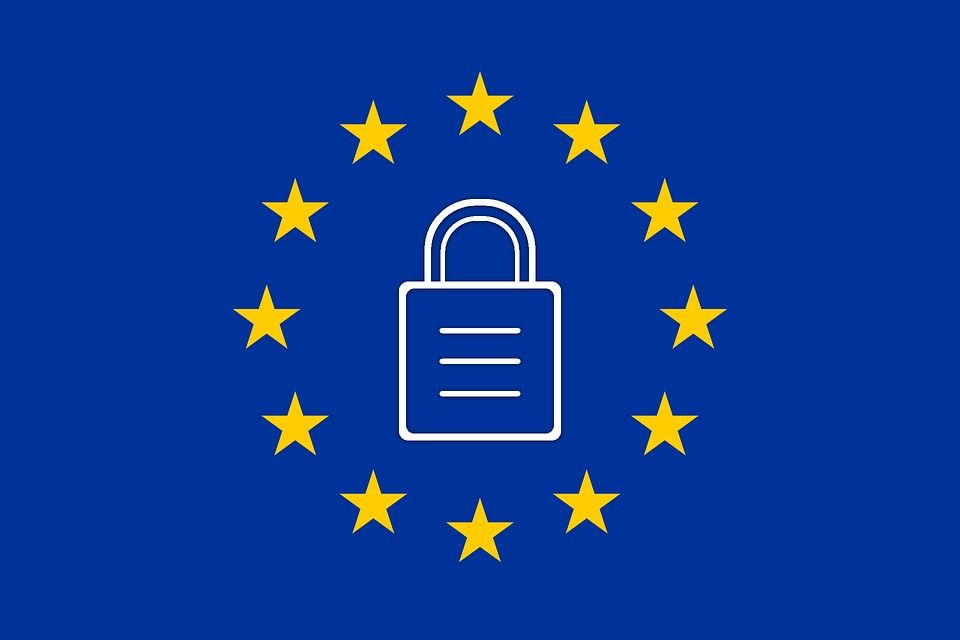What does the new GDPR mean for students?
You might have mistaken these emails for spam, but when your inbox was inundated with policy agreement changes and requests to “take action” a week or so ago, you were actually in the middle of a big legislation coming into force, thanks to the EU. The General Data Protection Regulation, GDPR for short, is a new set of laws that attempts to place the data of European citizens back into their own hands, or at least to make it easier to do so. The data that companies hold about you has, in theory, become amendable and erasable, as processing that data can only be legal with explicit consent. By asking for this consent, companies are also making the use of data transparent. Failing to comply with these laws comes with hefty fines, which likely ensures that companies dealing with Europe begin to take data even more seriously than before.
In most cases, particularly for everyday users, the GDPR is a welcome change. No longer is it a case of signing up for a service or a website, inputting all your information, and seeing it disappear into the ether of internet wires and dust. Facebook’s new data-transparent feature demonstrates the kind of information they have collected about each individual user, showing them what their likes and dislikes are just from the types of links and articles they might link or click on.
In fact, just because we can change how our data is used, doesn’t mean we will…
Yet, even if companies are attempting to make personal data easier to manage, they aren’t making it that easier. Many of the emails you may have received were mere notices. Simply by unsubscribing from the sheer amount of companies you might have been horrified to discover had your information won’t mean your data will be disregarded. It’s a case of signing back into an account you haven’t touched in years, and many time-strapped students aren’t likely to do that. In fact, just because we can change how our data is used, doesn’t mean we will.
But, as one FT journalist put it, as consumers we should all be more aware and ready to read terms and conditions, delete apps and services that trespass too deeply into personal lives and switch to services that secure our data better than their competitors. Thereby, “vot[ing] with our clicks”. Indeed, protecting data and being more aware of sharing our location, our age, essentially our very identities, is becoming more popular, particularly among the younger generations. After all, how many times have students been told that our social media selves could affect our job prospects?
The changes will soon be a part of UK law, thereby maintaining that this will continue to be a part of British life for years to come…
Whether these laws will be effective or change our lives in the long run remains to be seen. Already, Facebook and Google have come under fire for barring users from their services if they decline to share any data, with lawsuits lining up to take the tech giants to court. It is likely that this will persist across other companies too, as it takes time to adjust to such a hefty set of regulations. Some chaos has ensued as the NHS and large religious institutions begin to consider what it will mean to how they currently use consumer data. The changes will soon be a part of UK law, thereby maintaining that this will continue to be a part of British life for years to come.

Comments